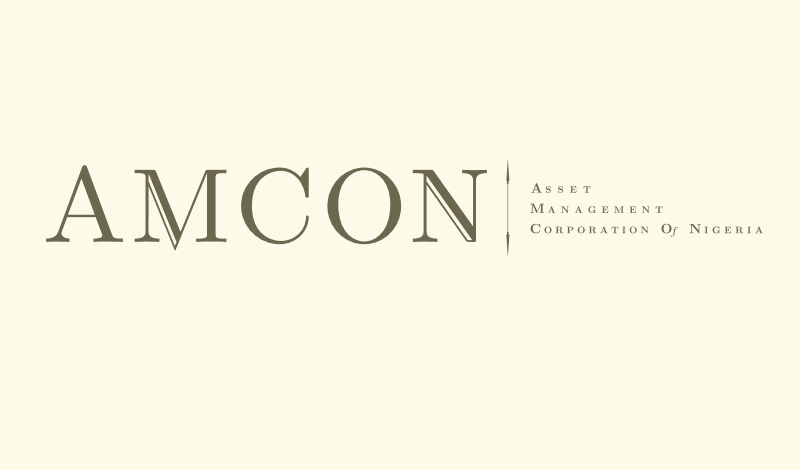
The proposed capital gains tax is sending the wrong signals to investors, argues
SOLA ONI
Nigeria’s capital market is on edge. A single policy proposal, the proposed hike of Capital Gains Tax (CGT) to 30 percent, has sent ripples of uncertainty across trading floors and investor circles. As a concerned stakeholder in the market, I feel compelled to address the implications of this proposal and the urgent need to safeguard investor confidence.
The question on everyone’s lips is simple yet urgent: why punish investors at a time when the world is rolling out the welcome mat? Globally, markets are moving in the opposite direction. The Singapore Exchange (SGX) has abolished CGT entirely, Switzerland’s SIX Swiss Exchange exempts private investors, and in Africa, the Nairobi Securities Exchange (NSE) scrapped CGT on listed securities back in 2016. While other exchanges are dismantling barriers to attract capital, Nigeria risks signaling caution, or worse, hostility to the very investors it needs to drive growth.
The Presidential Fiscal Policy and Tax Reforms Committee deserves credit for pursuing landmark reforms aimed at promoting fairness and easing the tax burden on low-income earners. Yet, its stance on the proposed Capital Gains Tax (CGT) is sending the wrong signals to investors. Despite your assurances, Mr. Oyedele, during recent engagements that stakeholders’ concerns will be addressed, anxiety still hangs over the market. Analysts point to the persistent bearish trend on the NGX as evidence of gradual divestments by both foreign and local investors, a quiet but telling “flight to safety.”
To understand the depth of this anxiety, one must look beyond the numbers. Nigeria’s capital market has endured years of volatility, low liquidity, currency pressure, and inconsistent regulation. In this fragile context, a steep tax hike on capital gains feels less like reform and more like a penalty for participation. Investors are not merely concerned about the rate itself; they are unsettled by what it signals, a perception that fiscal policy may be unpredictable, reactive, and unsympathetic to market realities.
Globally, investors respond to fiscal cues. Sudden or poorly communicated policy shifts are interpreted as instability. In Nigeria, where foreign portfolio investments provide crucial liquidity and support for the naira, even the perception of unpredictability can trigger capital flight. What begins as market caution can quickly become a liquidity crunch, a scenario the NGX can ill afford at this stage of recovery.
The government’s drive to expand the tax base and boost non-oil revenue is understandable. Nigeria’s tax-to-GDP ratio remains among the lowest in Africa, and fiscal pressures have intensified amid rising public debt and subsidy reforms. However, revenue mobilization must not undermine the very markets that serve as engines of capital formation. An abrupt 30 percent CGT could dampen trading activity, discourage portfolio inflows, and reduce appetite for long-term investments, shrinking market participation just when policymakers are striving to deepen it.
When investors lose confidence, the effects ripple far beyond stock prices. Corporate fundraising becomes more challenging, pension funds face reduced returns, and the broader perception of Nigeria’s economic stability suffers. Investor confidence is not a luxury; it is a prerequisite for a thriving market and sustainable economic growth.
Timing is critical. Introducing such a policy amid high inflation, currency volatility, and sluggish growth would amplify existing weaknesses. Rather than rushing toward an aggressive tax measure, a phased, consultative approach that prioritizes market confidence is essential. A practical step would be a tiered or progressive tax structure, taxing short-term speculative gains more heavily than long-term investments. This approach rewards patient capital investors who contribute to market depth and stability while still allowing the government to collect fair revenue from short-term trading profits.
Equally important is clear communication and legislative certainty. Investors do not fear taxation as much as unpredictability. Policies that emerge suddenly, without transparent debate or timelines, create panic. Structured dialogue with capital market operators, fund managers, and the investing public would restore calm and demonstrate that reform is being pursued thoughtfully.
Nigeria is at a critical crossroads. The current administration has taken bold steps to unify exchange rates, remove fuel subsidies, and attract foreign investment. These have potential to reshape the macroeconomic landscape. Yet, such progress can be undone if fiscal policy erodes trust in the financial system. The capital market thrives on stability, consistency, and predictability, three qualities every investor values above tax concessions.
Ultimately, it is not just about raising revenue; it is about building confidence. Every policy signal carries weight. A well-calibrated, investor-sensitive tax policy can coexist with fiscal responsibility, but only if crafted through engagement, foresight, and realism.
Mr. Oyedele, the proposed capital gains tax hike may promise short-term fiscal gains, but the long-term cost to investor confidence and market stability could far outweigh the benefits. In a climate where capital is mobile and investment competition is global, Nigeria’s most valuable currency is trust and it must be protected.
Oni an Integrated Communications Strategist, Chartered Stockbroker, Commodities Broker and Capital Market Registrar, is the Chief Executive Officer, SofunixInvestment and Communications


